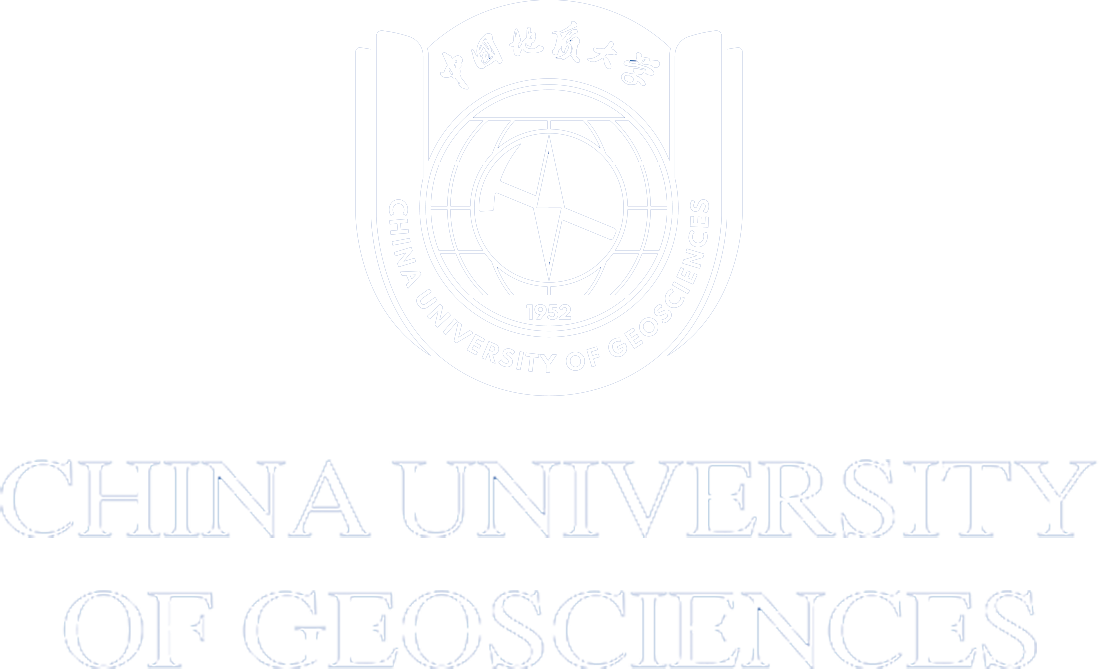School of Water Resources and Environment, formerly known as the Department of Hydrogeology and Engineering Geology of Beijing University of Geosciences, was founded in 1952. In 1992, it was renamed the Department of Environmental Science in order to meet the needs of discipline development. In 1998, after department reorganization, it became the Department of Water Resources and Environmental Engineering. It was given its current title in 2002.
The disciplines and majors of the school encompass four first-level disciplines: Environmental Science and Engineering, Hydraulic Engineering, Geological Resources and Geological Engineering, and Biology. At present, the school enrolls students in three undergraduate majors: Environmental Engineering, Hydrology and Water Resources Engineering, and Groundwater Science and Engineering. The majors for master's degrees include Biology, Hydrogeology, Civil Engineering, and Hydraulic Engineering. The majors for professional degrees include Environmental Engineering, Hydraulic Engineering, and Geological Engineering. Doctoral majors include Environmental Science and Engineering, Hydrogeology, Civil Engineering, and Hydraulic Engineering. First-level discipline doctoral stations in the school include Environmental Science and Engineering, and Hydraulic Engineering. There are also postdoctoral research stations for Environmental Science and Engineering, and Hydraulic Engineering. Hydrology and Water Resources is a city-level key discipline of Beijing, and Groundwater Science and Engineering is a national first-class specialty and city-level specialty of Beijing.
The school has 62 teaching and administrative staff, with 53 full-time teachers including 25 professors (15 of whom are PhD supervisors), 20 associate professors, and 2 winners of the National Science Fund for Distinguished Young Scholars. There are around 534 undergraduates, 384 postgraduates, and 109 doctoral students.
The school has "Beijing Key Laboratory of Water Resources and Environmental Engineering" and "Key Laboratory of Groundwater Circulation and Environmental Evolution of the Ministry of Education". It boasts 17 laboratories covering an area of about 3,200 square meters with equipment that is worth about 24 million RMB. A professional practice base for hydrogeology has been established in the Liujiang Basin in Qinhuangdao, Hebei, which has two innovation bases for industry-university-research cooperation and also operates as an environmental engineering practice site for the Beijing Drainage Company. These are crucial facilities for scientific research, experiments and practical training.
In recent years, the school has participated in the National High-tech R&D Program (the 863 Program), the National Key Basic Research Program (the 973 Program), the "Eleventh Five-Year" Plan projects supported by National Science and Technology, as well as major provincial and ministerial projects. The school won national second Prize for Progress in Science and Technology as well as 11 provincial and ministerial first and second prizes. The fields in which the school carries out scientific research include water resources development, utilization and protection, engineering hydrology, groundwater system simulation technology, environmental hydrogeochemistry, groundwater environmental engineering, water treatment engineering, environmental impact assessment, etc. Notable results have been achieved in the field of groundwater science research, particularly in the areas of fissure water seepage, groundwater pollution control, groundwater resources evaluation and management, and coastal groundwater and geothermal water.
The school participates in a wide range of international exchange activities, and has engaged in international cooperation in scientific research and talent training with institutions in the United States, Canada, Japan, the Netherlands, Germany, Israel and other countries. Every year, we invite a number of distinguished foreign scholars to give lectures or deliver academic reports. We also send teachers abroad for advanced studies and international academic conferences.
Water resources and the environment are dominant issues for the survival and development of human society in the 21st century. Every member of our school—students, teachers, and staff—takes it as the direction for future research, embracing "modernization, international vision and future trends" with a spirit of “being realistic and pragmatic, constantly striving to become stronger”. Guided by the principles of school management featuring “characteristics and high quality”, we strive to create an excellent study environment highlighting "diligence, rigor, pragmatism and innovation". We make arduous efforts to keep pace with the times and to build a top-class teaching and research center with a strong focus on groundwater research for China.




 Address
Address
 E-Mail
E-Mail
 Telephone
Telephone